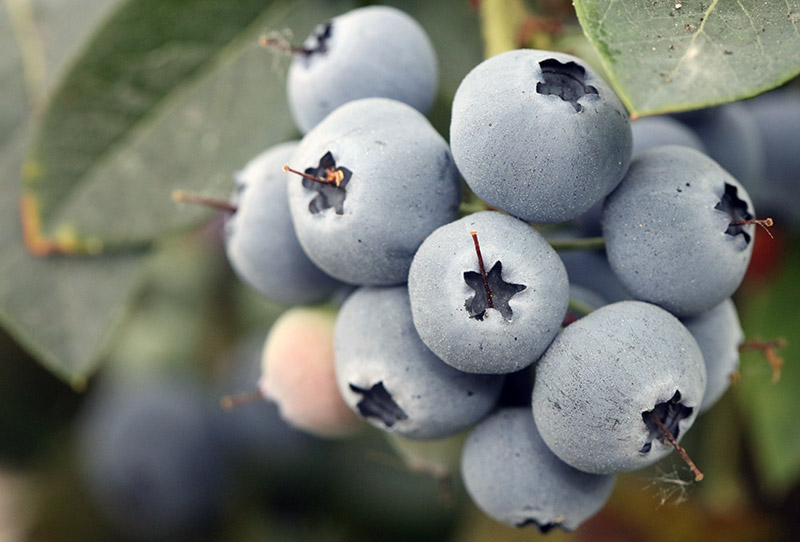We care, that is why we are here …

It is probably safe to say that the blueberry boom is going on all over the world, and especially in Europe. The global production of these fruits is growing so fast that in the next 7-10 years it may double and reach the level of 2 million tons annually. Experts predict that this does not necessarily mean overproduction, because in many European countries and those outside our continent, consumption and even knowledge of blueberry fruit is still negligible. As consumers grow in awareness (and wealth), the demand for blueberries should increase, as should consumption. Will it really be like that?
According to FAO, about 30% of the food produced – although good for consumption – is thrown away and utilized. In a typical European household, 20-30% of bought food is thrown away, of which 2/3 would still is unspoiled and could have been eaten. The British waste more than 20% of food, while in America this rate is even higher and stands at 25-40%. This data seems brutal, but does it have anything to do with blueberry? Well, it has. So what if the best quality berries are produced in Poland, Germany, Romania, Serbia, Ukraine and Belarus, if it turns out that it is difficult to sell them. What if the fertile year comes and it turns out that in Poland – where the blueberry area is already about 15 thousand. ha (maybe even more) – we will produce not 20-30 thousand tons of its fruit (according to official statistics), but 50 or even 70 thousand tons (and maybe even more)? If there are no sales channels and sales opportunities, the fruit may not be sold. It may also turn out that with such a scale of production, there will be no one to collect the fruit manually.
It is not important to look at what is here and now for a short time. First of all you need to look to the future and be able to anticipate various scenarios of implemented or planned activities.
When it comes to blueberries, unfortunately, we often have only short-term planning. If there is a “good price for fruit” in the market now, more bushes have to be planted. And it becomes less important what varieties and in what technology – what matters is as many hectares as possible and whether plants will be fertile . Such actions are not good for the market and may soon have unpleasant consequences. Is it possible to avoid a blueberry crisis in Europe?
There are several solutions possible. When we look at USA, a country which is the leader in blueberry production, 70% of berries are used there for processing. In Europe, such a market does not exist in practice, and if it does – it utilizes at most a few percent of the fruit from the general harvest pool. Meanwhile, this is a direction that can relieve some “tensions” on the blueberry market, especially during peak harvest periods in individual countries. Poor quality fruit should not be directed to the typical dessert market, but may be used for processing. Another important element is continuous work on quality. During this conference, you will hear from many experts that quality is and will be the key to success. Recipients and consumers will buy blueberry, but only the best quality fruit, properly prepared for sale and packed in a convenient and environmentally friendly way. In this field, big changes are expected on the market, for which fruit producers should gradually prepare for.
The next challenge is the marathon, in which all berries “take part”. This is clearly seen on store shelves, where – next to the punnets with blueberries – there are raspberries, strawberries, blackberries, currants and many other kinds of often exotic fruit. Why should the consumer choose blueberries? How to make them consumed throughout the year? How can children and people with diabetes eat them? Answering these question is a challenge for the entire industry. Also good joint marketing is needed. The first step should be the best quality of blueberries that reach consumers (which should be the result of the combined activities of growers, suppliers and retail chains). The second step- effective marketing, which can be implemented by all participants of the blueberry market. Everyone according to their needs and possibilities. Everyone who cares about the future and prosperity of this market.
We care, that is why we are here …
























